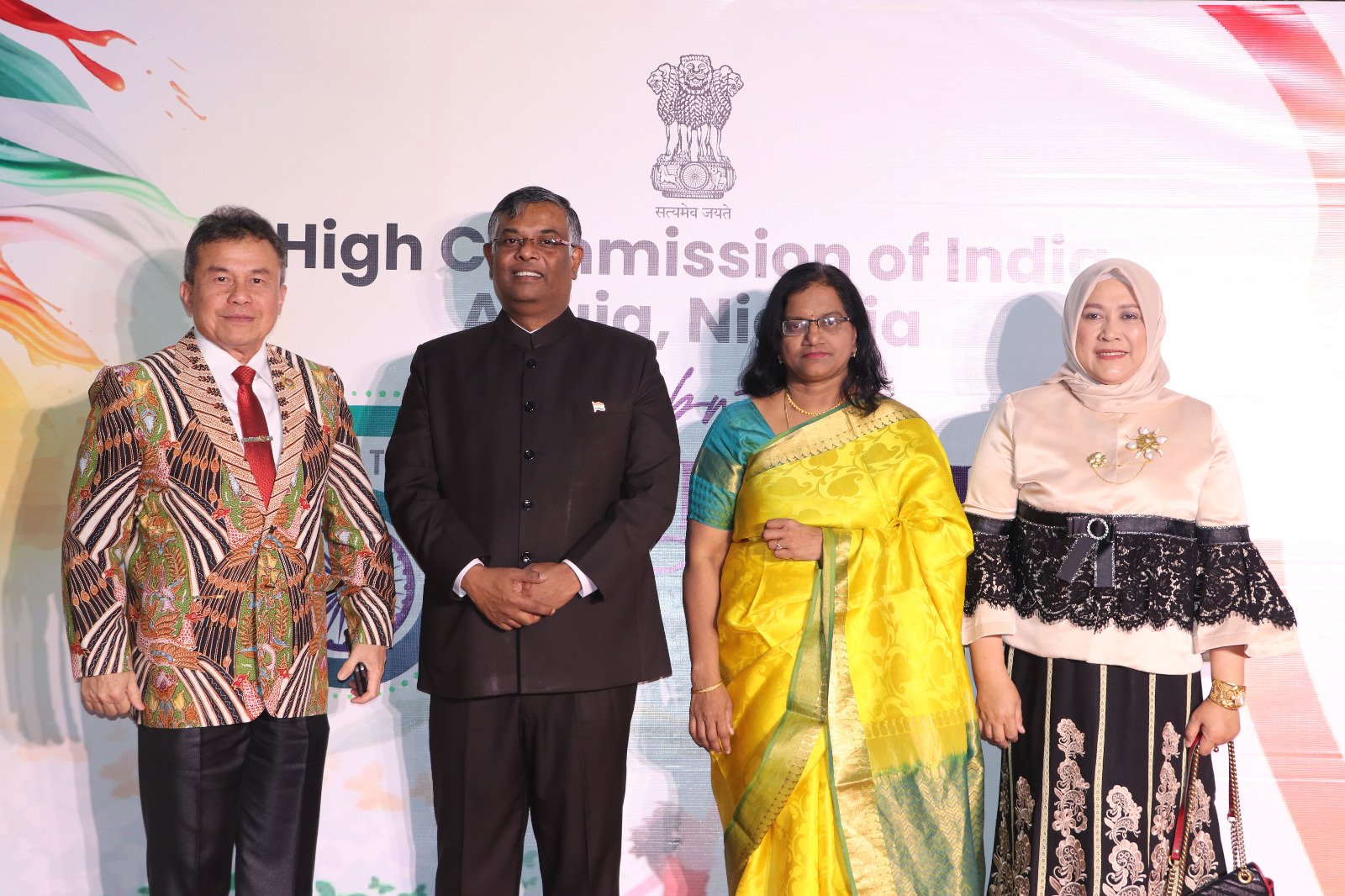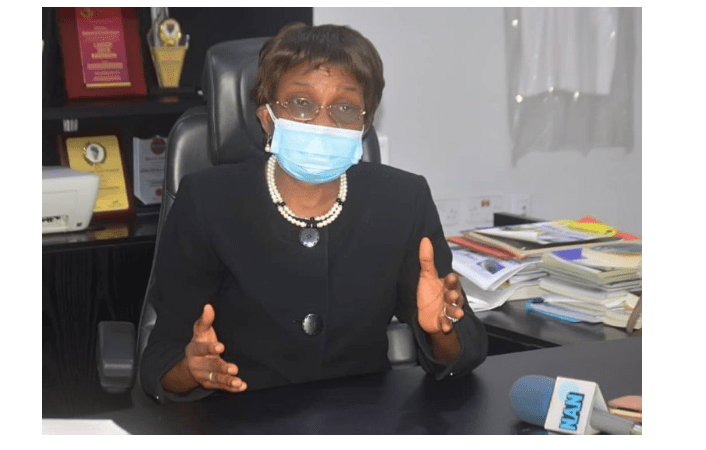By Flowerbud News
Sept 9, 2021
National Agency for Drug Administration and Control (NAFDAC) on Thursday in Ilorin commenced a sensitisation campaign against unwholesome foods and other products with negative health implications on the populace.
NAFDAC Director-General, Prof Mojisola Adeyeye, in her keynote address said the public awareness campaign was one of the veritable regulatory mechanisms put in place by the agency to promote and protect the health of the masses.
Adeyeye, represented by NAFDAC Zonal Coordinator for North Central, Mrs Bolaji Abayomi, said the first phase of the scheme would hold in eight states of the federation.
“The event is another major milestone in our bid to protect Nigerians against the deleterious effects of unwholesome food, falsified medical products, Harmful Cosmetics, Poor Water and other substandard regulated products.
“The key objective of this sensitization programme is to intensify and expand the scope of our informal and formal behaviour change communication strategies in order to reach the vulnerable communities especially at the grassroots.
“Dissemination of Food and Drug safety information is an important aspect of our regulatory work,” the DG said.
Adeyeye acknowledged that Nigeria has a preponderant share of the global problem of falsified medical products and unwholesome foods.
“The advent of COVID-19 pandemic has aggravated the problem with the challenge posed by substandard and falsified Personal Protective Equipment (PPEs).
“The sensitization campaigns will therefore contribute significantly to Federal Government’s concerted efforts to inform, sensitize, educate and alert the public about inherent dangers of intake and use of those spurious regulated products,” she added.
The D-G said the campaign themes were multifaceted with clear, concise, informative and educative messages.
This, she said was aimed at arousing the awareness and consciousness of the general public about the various infractions that impact negatively on the country’s healthcare delivery system.
Adeyeye said the campaign would address 12 public health challenges such as dangers of buying medicines from hawkers.
She said patients were advised to buy medicines from only licensed pharmacies and medicine stores as medicines sold by hawkers have been exposed to too extreme weather conditions.
She listed the theme to include abuse of Codeine and self-medication especially among youths, the dangerous effects of using Kerosene tanker to load groundnut oil and dangerous practice of using potassium bromate to bake bread.
Others, she said were: use of Azo-dyes in palm oil which causes cancer, dangers of using Sniper to preserve any type of food or to keep flies away from meat and dangers of consumption of excessive oil.
Adeyeye listed use of formalin on food and its associated health hazards, low level of exclusive breastfeeding practice by lactating mothers and its associated health hazards as parts of the themes of the campaign.
“I am pleased to inform you that the mass media, vibrant youth organisations and civil societies in the pilot states will be in the forefront of the sensitization campaigns.
“The target audiences are market women and men, road transport workers and employers, community youth organisations and students.
“It is our expectation that at the end of the campaigns, the participants and target audiences would become dependable partners and allies of NAFDAC.
“They will be in the forefront of sustaining the public awareness campaigns by disseminating the information and messages to the Grassroots.
“Our ultimate goal is to ensure that the various communities take ownership of the care and management of their own health,” she added.
The DG vowed that NAFDAC under her watch would leave no stone unturned in concerted efforts to rid the country of the menace of falsified medical products, unwholesome foods, harmful cosmetics, poorly packaged water and other substandard regulated products.
NAN




